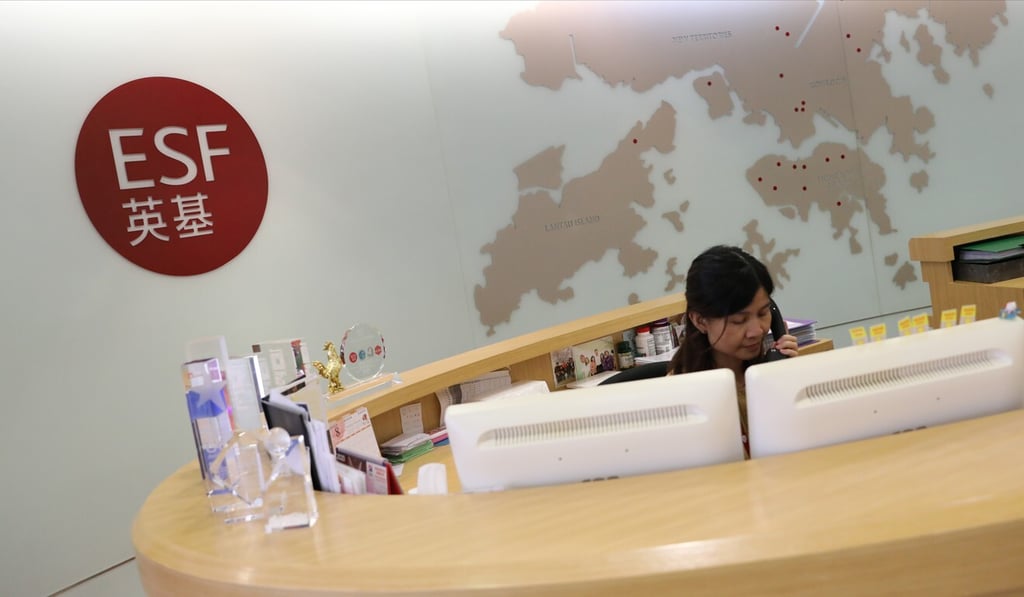Advertisement
Exclusive | National security law: English Schools Foundation tells parents practices will not change under new Hong Kong guidelines
- International school group says it will still have autonomy over curriculum but put measures in place to prevent breaches of Beijing-imposed legislation on campus
- Note to parents underscores staff should follow ‘law of the land’ but new practices such as flag-raising ceremonies will not be introduced
Reading Time:3 minutes
Why you can trust SCMP
17

Hong Kong’s biggest international school group has said it will help pupils understand the concept of national security but will not be introducing new practices such as flag-raising ceremonies following the issuing of sweeping guidelines on the topic by education authorities.
The English Schools Foundation (ESF), which runs 22 kindergartens and schools in the city, also said it would have measures in place to prevent a breach of the national security law on campus, although it was not “required to adopt the approaches” set out in the guidelines.
In a Thursday letter to parents seen by the Post, ESF chief executive Belinda Greer said for the first time that international schools under the group would be following their current practices and continue to “have autonomy” over the curriculum under the national security law.
Advertisement

“As an international school system, ESF is not required to adopt the approaches set out in the EDB National Security Law (NSL) guidelines, which are intended for schools that deliver the local curriculum,” the letter from Greer said.
Advertisement
ESF has more than 18,000 students and around 3,000 staff members, many of them expats from countries including Britain, Canada, Australia and the United States.
Advertisement
Select Voice
Select Speed
1.00x